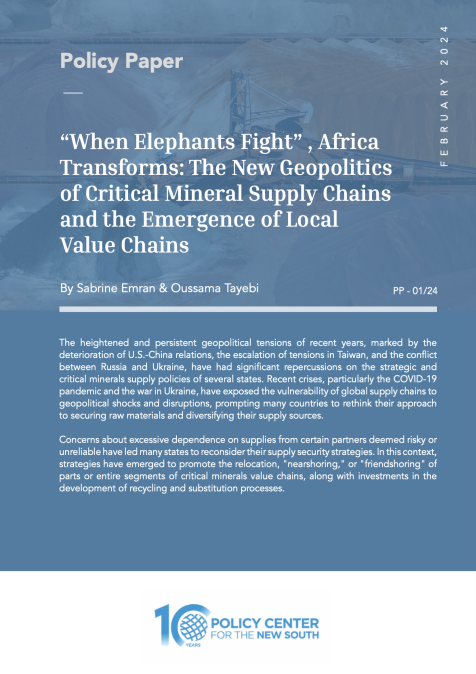Speakers

Philippe Copinschi
Science Po, IEP
Dr Copinschi is an expert on international and African energy issues. He wrote his thesis in political science on the issue of oil resources and governance in Africa. Prior to completing his Ph.D. at the Institut d’Etudes Politiques de Paris (Sciences Po), he earned two Masters, one in Political Science from Sciences Po and another in Management Science from the Solvay Brussels School of Economics and Management at the Université Libre de Bruxelles (ULB), Belgium. He currently works as a freelance consultant in the field of energy, especially on the issues of security of supply and of governance in African oil-producing countries, for energy companies, consultancy firms, the French government and international organizations as well as NGOs. He teaches courses on the Geopolitic ...








